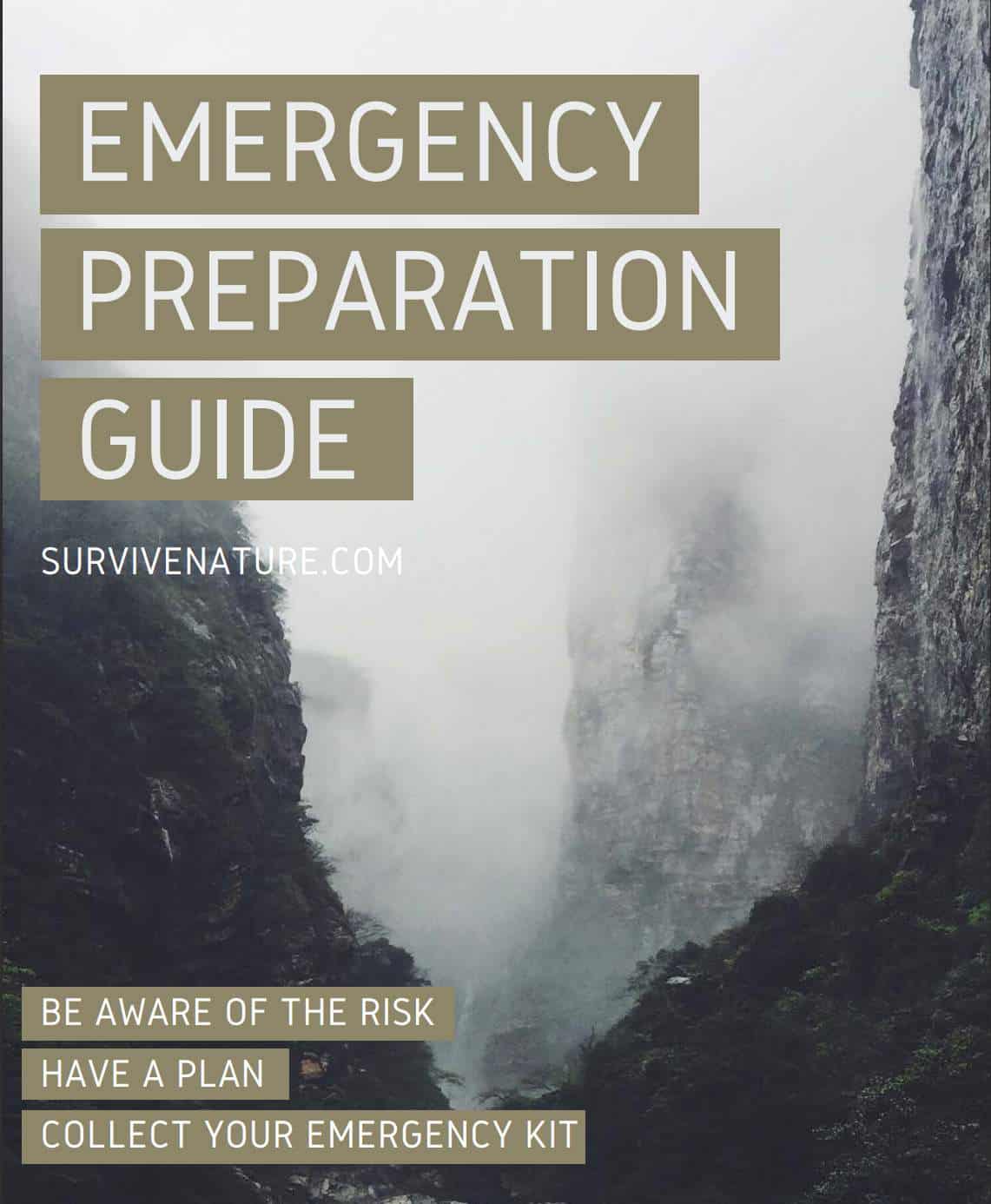When an unexpected power outage occurs, a common concern in 2023, it messes up many comforts and necessities in your home. To provide electricity during these disruptions, a home standby generator is invaluable. An emergency generator automatically detects when utility power fails and instantly powers your home’s circuits.
Choosing the correct size generator to fit your exact power needs is critical for an effective backup plan. If a generator is too small, it may not power all your appliances when usage is at its peak. However, an oversized generator costs more and wastes fuel while idling. This is when a generator sizing calculator can optimize your purchase.
In this review, we will discover the benefits of a generator and its types and explain how to choose the best one based on your specific requirements and power needs.
Generator Benefits
Owning a standby home generator has many advantages, for example:
- Uninterrupted power flow: Appliances, HVAC units, and other crucial electronics, such as an air conditioning unit, furnace fan, sump pump, or garage door, will continue working for your family’s comfort and safety.
- Safety: It can help keep your family protected during power failures by energizing lighting and security systems.
- No ruined foods: It can help avoid food spoilage in the course of prolonged power outages.
- Reducing the chance of aqueous damage: It can keep sump pumps functional during power failures, diminishing the probability of aquatic harm to your residence.
- Carefree winters: It can continue to operate your heating system during power failures, guaranteeing that your family members stay cozy and agreeable.
- Protection for medical and other electrical gadgets: If a person in your house depends on an electrically powered medicinal appliance, it can supply electricity to keep the device operational.
How does a generator sizing calculator work?
To accurately select a generator, first, you need to understand the fundamentals around size. A generator’s output amps determine the power supplied. The needed wattage depends on the power requirements of items you want running during outages.
Using a generator sizing calculator is a great option to simplify the entire process for estimating purposes only.
But for an informed purchase decision, you need to take note of the following:
- Start by counting all home emergency appliances and equipment you will need during outages. This includes all the electric items you will run, including the central air conditioner, freezer, sump pump, electric range, garage door opener, water pump, and furnace fan.
- The second step is to establish each item’s startup and running watts. The startup power is what it takes to operate the appliance, whereas the operating power is what keeps it running. You’ll typically find these powers on the equipment itself or in the manual.
- The third step is to calculate the total generator power. When you have this power information for every device, sum the numbers to give you the overall power required. This total wattage will show you the appropriate generator to buy.
- The final step is to add additional power needs: To be ready for all kind of emergencies, leave enough capacity to meet unseen needs, and reserve some extra generating capability to cover unpredicted surges in power demands. This will ensure the generator can accommodate unexpected peaks or spikes in electric load.
The square footage of your home will also affect your power requirements. Larger spaces require more power to keep everything running smoothly.
Home Generator Types
Home generators vary depending on the items and fuel used. Here are the main types:
Whole House Generator
Home standby generators are intended to provide all your appliances with electricity. They offer numerous advantages, highlighting more extensive, more capable electric motors that are designed for longer running times that can work on your entire home or business place.
Portable Generator
They are used in workplaces to control air compressors, nail firearms, saws, hammer drills, and various devices.
Inverter Generator
Perfect for outdoor sports, yachting, and various recreational exercises. They run much quieter than other generators and provide power for lights, space heaters, fans, radios, and cell phones.
Natural Gas Generator
Natural gas generators manufacture energy with lower discharge than machines that operate on gasoline and diesel fuel. Machines that run on natural gas are often the most expense-capable and don’t necessitate any stockpiling because the natural gas is conveyed through gas pipelines directly to the machines.
No matter what type or brand you select, it’s always better to write or visit a certified electrician. But you can use a quality generator size calculator on our website!
How to use our generator size calculator?
Determine the right size for your generator with this calculator. Input the total wattage of all devices you plan to run and the average usage hours per day. The calculator provides the recommended generator size in kilowatts (kW). Always consult a professional for accurate generator sizing.
The operation of our calculator is rather simple and won’t take much time and effort. Stick to the following steps and enter information correctly in order to get the best calculating results:
- Input the total wattage of all the appliances and devices you plan to run on the generator.
- Enter the average number of usage hours per day for these appliances and devices.
- Click “Calculate” to get the estimated generator size in kilowatts (kW).
Selecting the right size for your generator is crucial for a reliable power supply during outages or for off-grid living. An undersized generator may not handle your power needs, while an oversized one can lead to unnecessary fuel consumption and costs.
This calculator aids in making a precise decision, ensuring optimal performance and cost efficiency.
Frequently Asked Questions — FAQ
How do I calculate what size generator I need?
The simplest way to do so is to use a sizing calculator and enter the electric appliances you want to power during outages. Denote each element of your electric appliances in the table or form, such as the air conditioning unit, freezer, or furnace fan. Based on the total power, add 20% for emergencies to obtain the complete size. Once you have the total power, select the appropriate oil or fuel and choose the type of your home needs.
How big of a generator do I need to power my house?
Assess the total wattage of the appliances you wish to control, the power fundamentals of the heating or cooling systems, and the electrical load current needs, or use a sizing calculator. Contact a professional electrician to accurately determine the power forecasts and dimensions for the generator that most accurately meets your home energy use.
What size generator do I need for a 1200-square-foot house?
The size of a 1,200-square-foot generator in a home depends primarily on appliances that require continuity of power to operate acceptably for the homeowners. As a general estimate, a 1,200-square-foot home requires between 6 – 8.5 kW.
What size whole house generator do I need for a 200-amp service?
A service rated at 200 amps is capable of meeting a huge demand, which implies the indispensable need for a generator of at least 15-20 kilowatts to power up all your appliances during a power outage. Despite this, it is better to speak with a licensed electrician to ensure that you choose an ideally sized generator tailored to your distinct needs.


